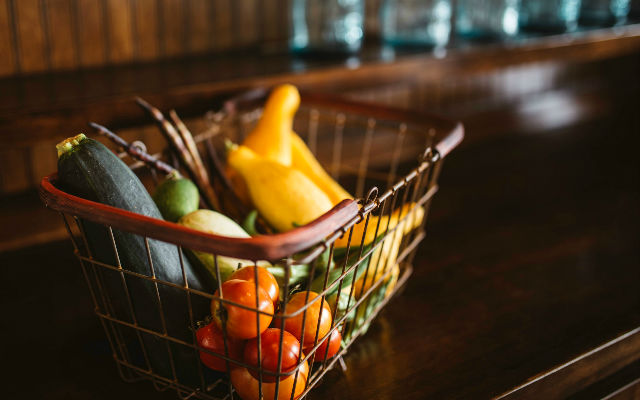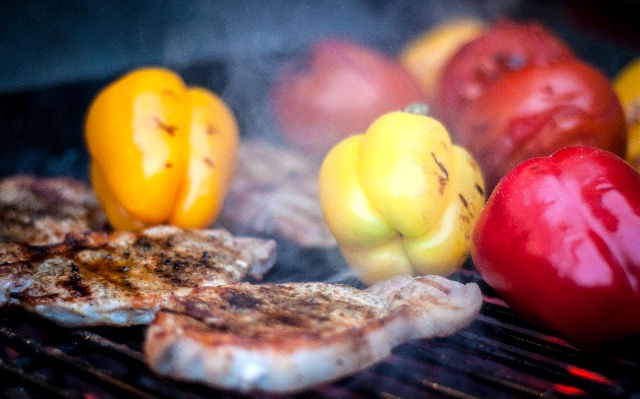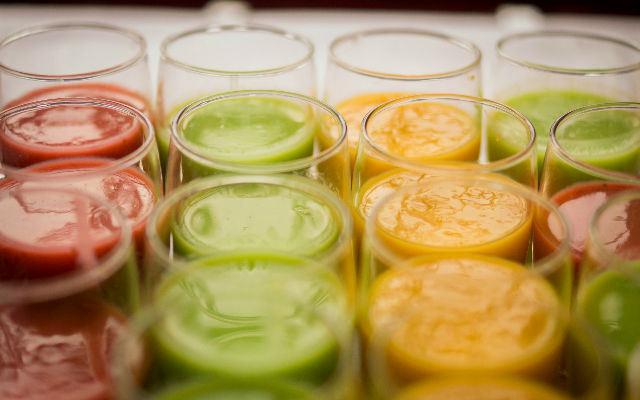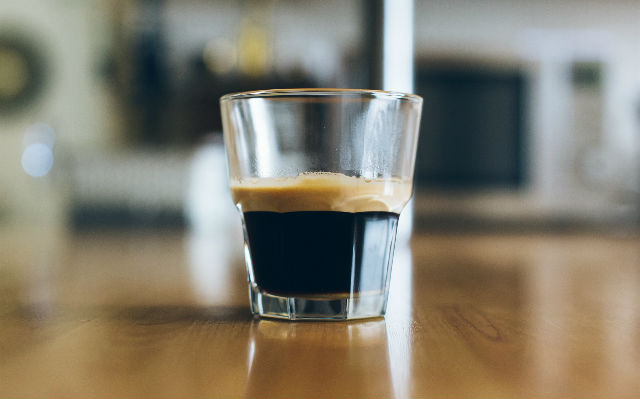As an exerciser newbie you may be astound by different information found online on work-out nutrition.
Even if you are a professional exerciser, contradictory articles about what is good and what is bad to do before and after a work-out may confuse you.
Common myths about a pre- and post-workout such as high-protein and high-carb diets are not completely true. We have decided to debunk these myths and offer you a new alternative.
What you should not do both before and after a work-out
Let get something straight. It is a common belief that high-carb and high-protein diet before and after a work-out are absolute rules, which should be obeyed at any cost.
The reality is completely different. Various studies have confirmed that only a balanced diet including carbs, proteins and unsaturated fats both before and after a workout can help you achieve the results and keep you healthy.
Carbohydrates fuel you with energy you need in order to work-out. This may lead you to conclude that you only need a high-carb snack before a work-out.
In reality, carbohydrates stimulate insulin, which prevents protein breakdown. Protein breakdown results in muscle damage, which leads to slower recovery.

For exercisers whose goal is building muscle mass, a high-protein diet before and after a workout may sound ideal. Remember that the body digest only first 30g of proteins, the rest is stored as fat.
Furthermore, high-protein snacks can lead to dehydration. Dehydration may be the cause of many medical problems, such as urinary tract infection, abnormal kidney function and problems with heart’s rhythm.
Another misconception is that you should avoid fats in your pre- and post-workout meals.
A balanced amount of unsaturated fats after a work-out helps you have a higher net protein balance, while eating fats before a training slows downs digestion, maintaining insulin levels needed for fuelling of energy.

Do’s of the balanced pre-workout diet
A balanced meal before a training boosts performance, preserves muscle mass, hydrates and speeds up the recovery process.
The actual amounts of carbs, proteins and fats depend on your fitness goal, age, genetics, body weight and etc.
The following examples are just here to give you the idea of what you should not miss in your diet.
The exact meals depend on the time of eating. If you decide to eat 2-3 hours before a training, make sure you consume protein-dense foods (such as turkey or chicken breasts or ground beef), vegetables, nuts (fat-rich foods) and carbohydrates like a banana or berries.
On the other hand, eating 1h before a work-out slows down digestion, so drinking something liquid is recommended.
In this case, your pre-workout snack should include a protein powder, a vegetable smoothie, carbohydrates (high-carb fruits), nuts and a low-calorie beverage.

Do’s of the balanced post-workout diet
A balanced post-workout diet repairs and builds muscle, replaces glycogen stores and helps you rehydrate.
Glycogen is the supply of carbohydrates stored in the body, which maintains energy levels during a work-out. When you finish your training, glycogen starts replenishing itself.
If there is no additional carbohydrates for the replacement of lost glycogen, the body uses muscle mass for the refillment of glycogen.

The recommended post-workout choices include protein-rich foods such as eggs, meat, Greek yoghurt, or cottage cheese, vegetables such as tomato, or spinach, carb-dense foods, nuts and water.
Apart from water, caffeine-rich drinks such as coffee or sweet mojo cold brew are also great options for post-workout meals. Caffeine decreases muscle pain and combined with carbs helps you restore muscle mass.

To conclude, we have not given the exact amounts of carbs, proteins and fats you should consume.
It all depends on many factors. If you are not sure how much calories you should eat, always ask a nutritionist to help you.
